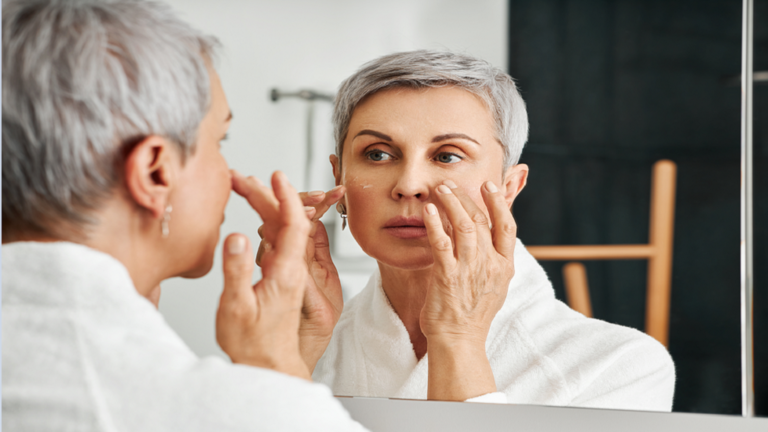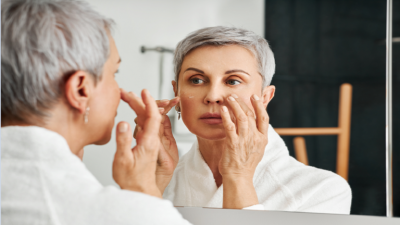Researchers have warned that if you appear older than your actual age, it may be a sign that you are at a higher risk of age-related diseases such as osteoporosis, hearing loss, and cataracts. Academics in the Netherlands estimated the ages of around 2,700 people aged between 50 and 90 based solely on their facial photos. The findings revealed that participants who looked five years younger than their actual age had better cognitive skills. They were also 25% less likely to suffer from medical issues, such as cataracts.
In other words, if you appear younger than your age, it is likely that the health of your organs and body reflects this, according to lead author Professor Tamar Nijsten, a dermatologist at Erasmus Medical Center in Rotterdam. The study specifically investigated the link between youthful appearance and various common age-related health problems, finding that a youthful appearance was associated with lower measures of systemic aging.
Nijsten added, "This is not a definitive study, but it is likely the best study so far that provides evidence that perceived age also reflects internal aging. The study clearly indicates that something is happening, likely at a biological level, beyond typical lifestyle factors like UV exposure or smoking."
Researchers collected front and side photos of 2,679 individuals who were not wearing any makeup or jewelry. The participants averaged 66 years of age. An independent panel of 27 individuals estimated each person's age based solely on their appearance. Each volunteer received a perceived age score, calculated by taking the difference between their actual age and the estimated age. For example, a person who appears seven years younger than their biological age would have a score of seven. A higher score indicated a younger appearance.
After estimating ages and calculating results, experts reviewed lifestyle and health data, such as weight, smoking habits, and health status. The findings, published in the British Journal of Dermatology, showed that groups appearing five years younger performed better in cognitive tests. This group was also 15% less likely to develop chronic obstructive pulmonary disease - a lung disease that causes breathing difficulties - and 24% less likely to suffer from osteoporosis. Younger-looking individuals were also 16% less likely to develop cataracts and 24% less likely to experience age-related hearing loss.
Researchers stated that their findings, based only on observational evidence, support the idea of using the degree of aging a person appears as a "diagnostic guide" by doctors. However, the study did not examine the underlying causes of this outcome. The team believes that the biological processes that make the face look older—such as reduced fat and the development of wrinkles—are also behind changes in tissue and bone density, which are associated with health conditions. The researchers noted that the study participants were European, highlighting the need for future studies to examine whether the results apply to different populations.




